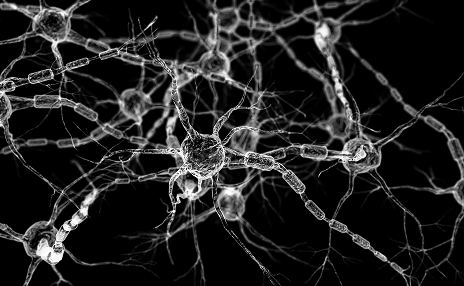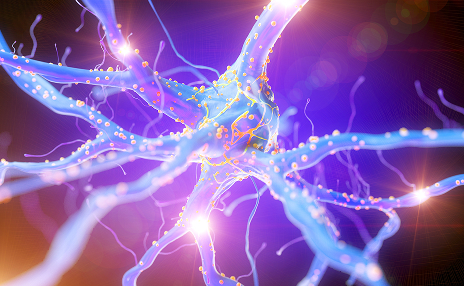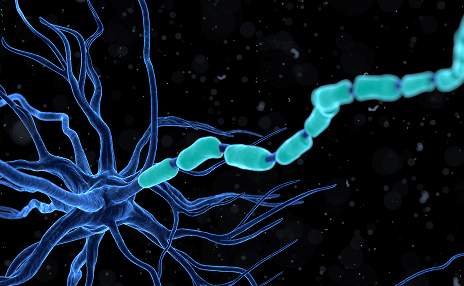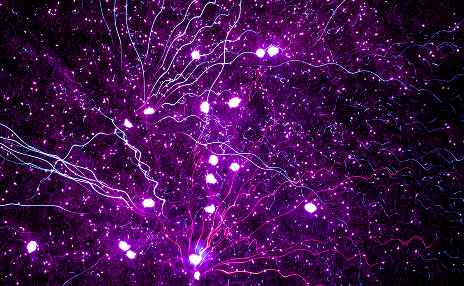Tardive dyskinesia (TD) is a hyperkinetic movement disorder resulting from chronic exposure to antipsychotics.
Supported by an educational grant from Neurocrine Biosciences, Inc.
All Posters

Deutetrabenazine (DTBZ) is used for the treatment of tardive dyskinesia (TD) and chorea associated with Huntington disease.

Deutetrabenazine is approved by the United States Food and Drug Administration for treatment of tardive dyskinesia (TD) and chorea in Huntington disease (HD).

Valbenazine is approved for the treatment of tardive dyskinesia (TD), a persistent and disabling movement disorder associated with prolonged antipsychotic exposure.

The long-term open-label extension study of rollover subjects (n=343) from the ARM-TD and AIM-TD trials evaluating the safety and efficacy of deutetrabenazine for the treatment of tardive dyskinesi

Deutetrabenazine is approved to treat tardive dyskinesia (TD) in adults and is titrated weekly based on dyskinesia control and tolerability.

Tardive dyskinesia (TD) is a persistent and potentially disabling movement disorder associated with prolonged exposure to antipsychotics and other dopamine receptor blocking agents.

This study sought to understand the evolving continuing medical education (CME) needs of physicians managing patients with tardive dyskinesia (TD).

Best practices in Tardive Dyskinesia (TD) identification and management among psychiatry and neurology clinicians have historically been suboptimal.

Geriatric populations are at increased risk of developing tardive dyskinesia as they age, leading to increased risk of injuries secondary to resulting impairments in gait and balance.

